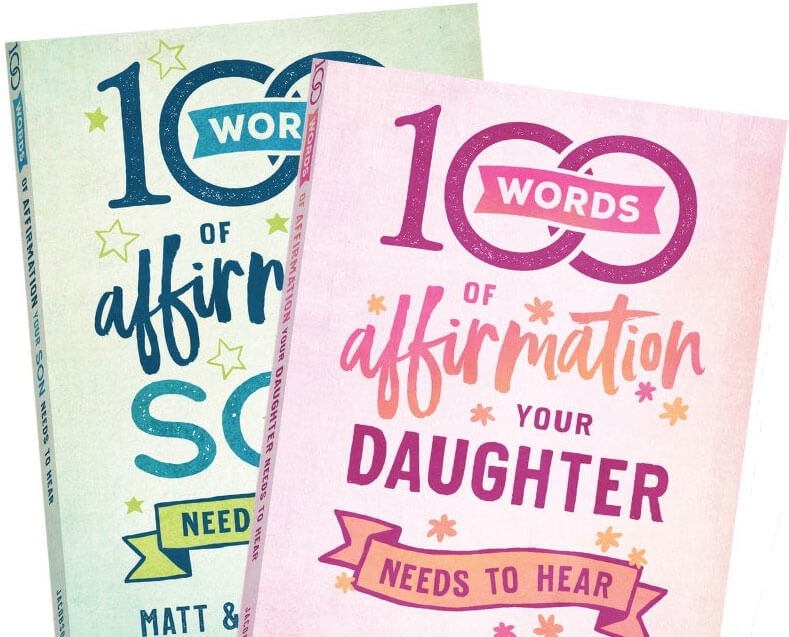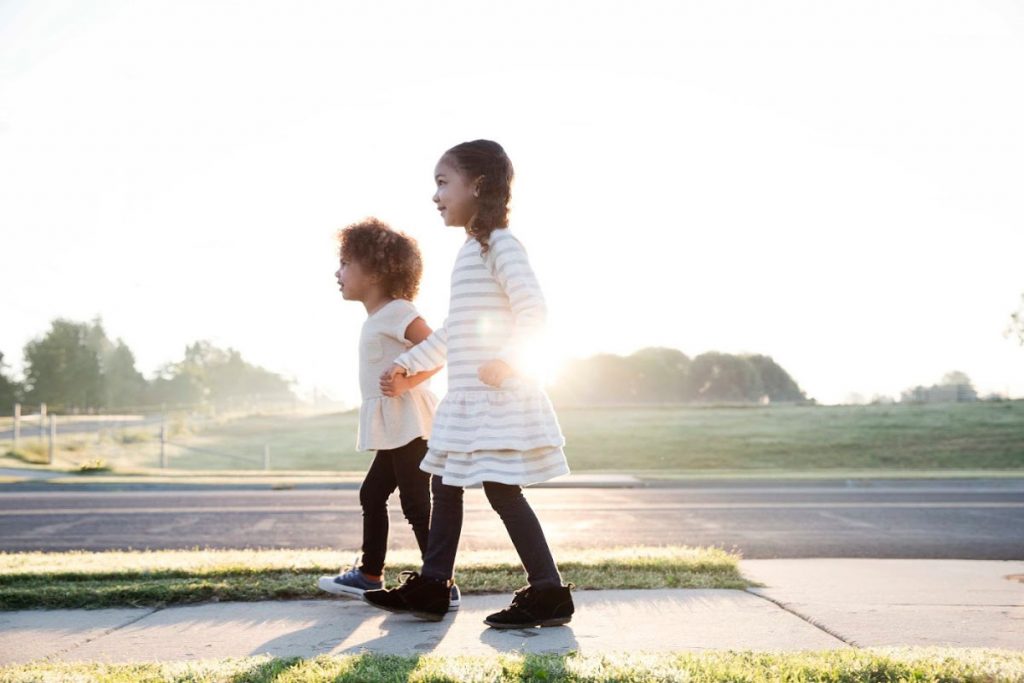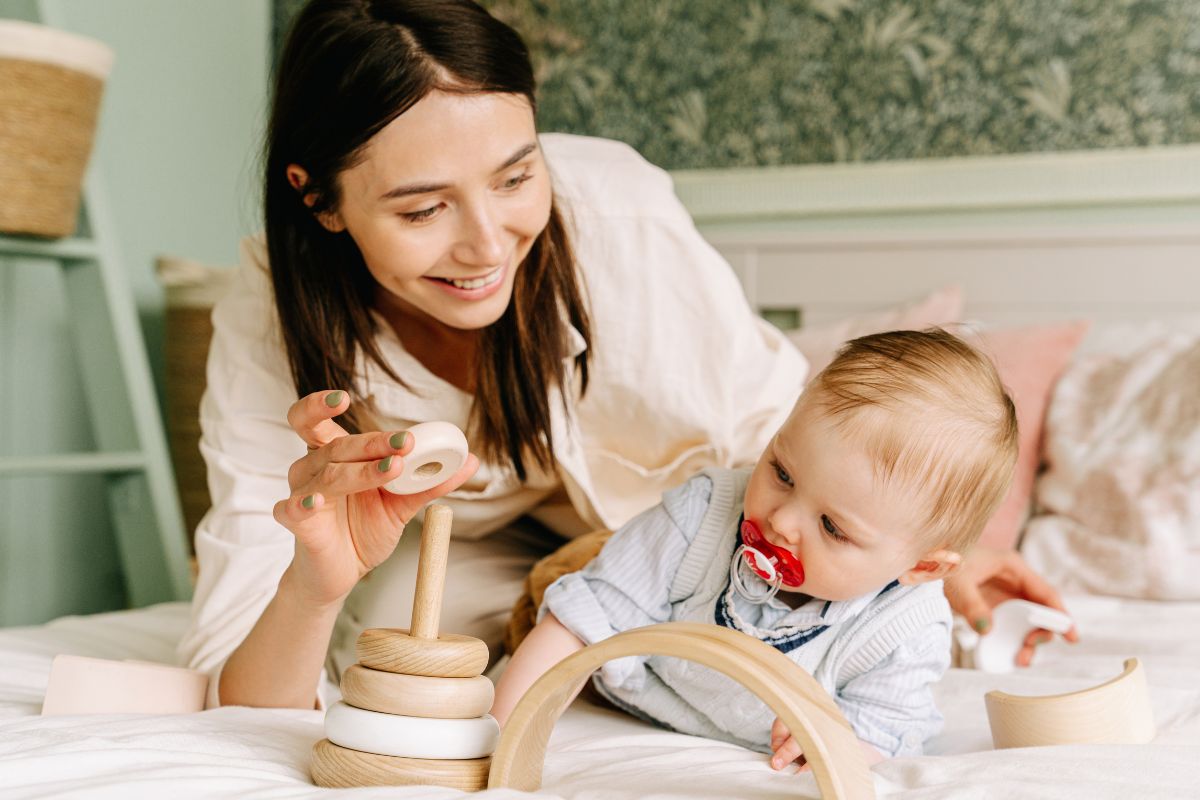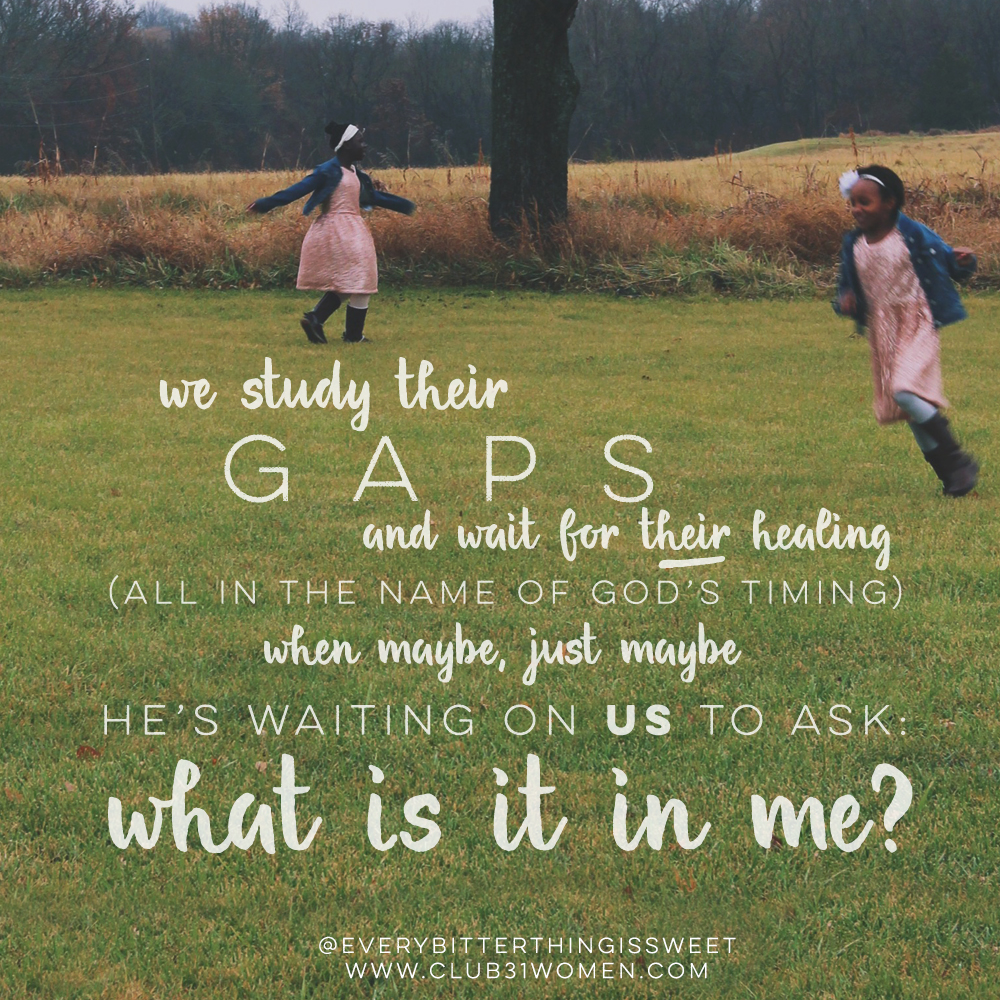Teaching Your Child Manners and Why It Matters
I’ve always been impressed when I encounter a child or teenager who looks me in the eye and engages me in conversation. Or a young person who writes a “thank you” note, as well as one who offers to help with dishes, chores, etc. Or a guest who exclaims, “Thank you so much for that delicious meal, Mrs. Yates.”
Okay, I know it’s rare, and most often it wasn’t my little children who impressed me but someone else’s. As a young mom with five children, I knew manners were important, and I constantly tried to train my kids, but too often I felt like a failure when my child mumbled something and looked at the floor and did not speak to an adult or look them in the eye. And it was unusual for one of my small kids to offer to help.
It’s discouraging and hard to teach manners to our kids. Usually, we don’t see much progress. We get tired of trying, want to quit, and we wonder…
Do manners really matter anyway?
The answer is yes!
Why?
Two Reasons Manners Matter:
First, manners demonstrate the character trait of respect. Having good manners is a means of honoring another person.
Second, God gave us two commandments: To love the Lord your God with all your heart, mind and soul; and to love your neighbor as yourself (Matthew 22:37-39).
Manners are one practical expression of loving your neighbor as yourself. Manners help us teach our kids to be other-centered rather than self-centered.
Often, we hear the phrase, “things are caught more than taught.” This is rarely true. Most often modeling and teaching are both necessary. Manners have to be both caught (modeled by the parents) and specifically taught.
How do we do this?
Both parents need to agree on what manners they want to teach. Begin with simple ones and then increase the training as the kids mature. Here are some samples:
“Please and Thank You” (always appropriate)
“Excuse me” (when interrupting a parent to ask a question)
Meal times: We stay at the table until everyone is finished. When finished we say, “May I be excused? Thank you for the good meal. I enjoyed it.”
We clean up toys at a friend’s house before leaving.
We say to the parent of our friend, “Thank you for having me over.”
Thank a parent for a carpool ride.
When someone, especially an adult, comes to our house we stop whatever we are doing, put aside any devices and go to the front door to meet them. Then, we walk them out when they leave.
We stand when an adult enters the room.
We write thank-you notes. (Gather the kids at the table, serve treats, and make a party out of it. Set a deadline for all thank you notes to be finished. Your kids will grumble, but you are training them for the future. As adults they will need to write thank you notes!)
It’s important we teach our kids how to look an adult in the eye, introduce themselves, shake hands and engage in conversation. This is a tough one! It helps to train your children to be good conversationalists. This will increase their confidence. Think of questions they can engage in with an adult. “How has your year been?” “Are you working on any interesting projects these days?” “What’s a good book you have read recently?” “Do you have any fun plans coming up?” (Read more from my blog about raising good conversationalists.)
Keep in mind:
- These lessons will have to be repeated over and over. They will not get it in one training time or even in one year. Be persistent knowing that one day they will get it!
- Partner with another friend whose kids match yours and insist on the same manners together. Your kids will hear these lessons better from someone else! We have to help each other.
- Roleplay good manners and bad manners. This can be hysterical and make the learning more fun.
- Praise your kids when you see progress.
Manners are a wonderful means of training our kids to be other-centered rather than self-centered. It is far easier to take one another for granted than to appreciate them.
One day our child will have a spouse or employer or employee. That individual will need to be appreciated. It will be more natural for our children to appreciate and honor others later if they have been trained to do this in their home.
Blessings,
Susan Yates
Grab Susan’s free ebook, “Camp at Home,” right here. This valuable resource is based on her book Cousin Camp. It includes 100 things for you to do with your kids of different ages including toddlers, the middle years, teens, and specific things for the whole family. In addition, there are ideas for grandparents to use to stay connected with their grandkids.

100 Words of Affirmation Your Son/Daughter Needs to Hear
Matt and Lisa Jacobson want you to discover the powerful ways you can build your children up in love with the beautiful words you choose to say every day–words that every son and daughter needs to hear.
These affirmation books offer you one hundred phrases to say to your son or daughter – along with short, personal stories and examples – that deeply encourage, affirm, and inspire.
So start speaking a kind and beautiful word into their lives daily and watch your children–and your relationship with them–transform before your eyes.








